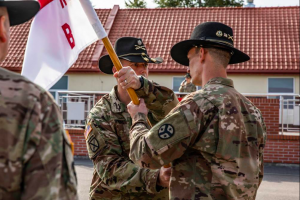 What Is a Military Letter of Reprimand?
What Is a Military Letter of Reprimand?
A military letter of reprimand (LOR) is an administrative censure given to a servicemember for alleged failure to comply with military rules or regulations. A letter of reprimand is a serious matter, and servicemembers subject to receiving one should carefully consider their options. A letter of reprimand is important because this letter might stay in a servicemember’s file and impact the ability of that servicemember to be promoted, selected for new training and assignments, or lead to administrative discharge in some circumstances. Any servicemember that is committed to the military as a career could find an LOR in their record to be seriously problematic.
Letters of reprimand are often issued by General Officers and may sometimes be referred to by the acronym ‘GOMOR’ for General Officer Memorandum of Reprimand.
 Cole Law Group Blog
Cole Law Group Blog
















 VA disability law can be daunting for many eligible veterans who want to submit a VA disability claim or wish to appeal a negative disability determination. One of the main concepts that is difficult for service members to understand is which injuries or illnesses VA disability will cover. The answer is “only those disabilities that the applicant can prove are service connected.”
VA disability law can be daunting for many eligible veterans who want to submit a VA disability claim or wish to appeal a negative disability determination. One of the main concepts that is difficult for service members to understand is which injuries or illnesses VA disability will cover. The answer is “only those disabilities that the applicant can prove are service connected.”
